1 minute read
Fast database queries are not always better
Tim MacDonald sheds new light on a commonly held belief in web development circles – that fast database queries are always good, and slow queries bad. MacDonald, an experienced developer, admitted to contributing to this confusion by failing to clearly explain a certain Laravel method.
In an interesting spin, he suggests that fast queries could actually slow down HTTP requests if they’re happening in mass in a single interaction. He then goes on to demonstrate a feature in Laravel that neatly tracks such cumulative query time, thus helping optimize resource usage.
Intrigued? Give Tim’s article a read!
Did you like this article? Then, keep learning:
- Learn to fix a common database error in Laravel transactions
- Optimize database usage with asynchronous caching in Laravel
- Master Laravel's cache clearing techniques relevant for query optimization
- Understand Laravel database transactions for consistent state management
- Gain insights into avoiding domain logic in databases effectively
- Explore practical Laravel database best practices and architecture tips
- Learn to sort Laravel Eloquent query results efficiently using orderBy()
- Discover Laravel's fake helper for generating test data for queries
- Learn to use Laravel's query builder where clauses powerfully
- Improve data filtering performance using whereIn() in Laravel
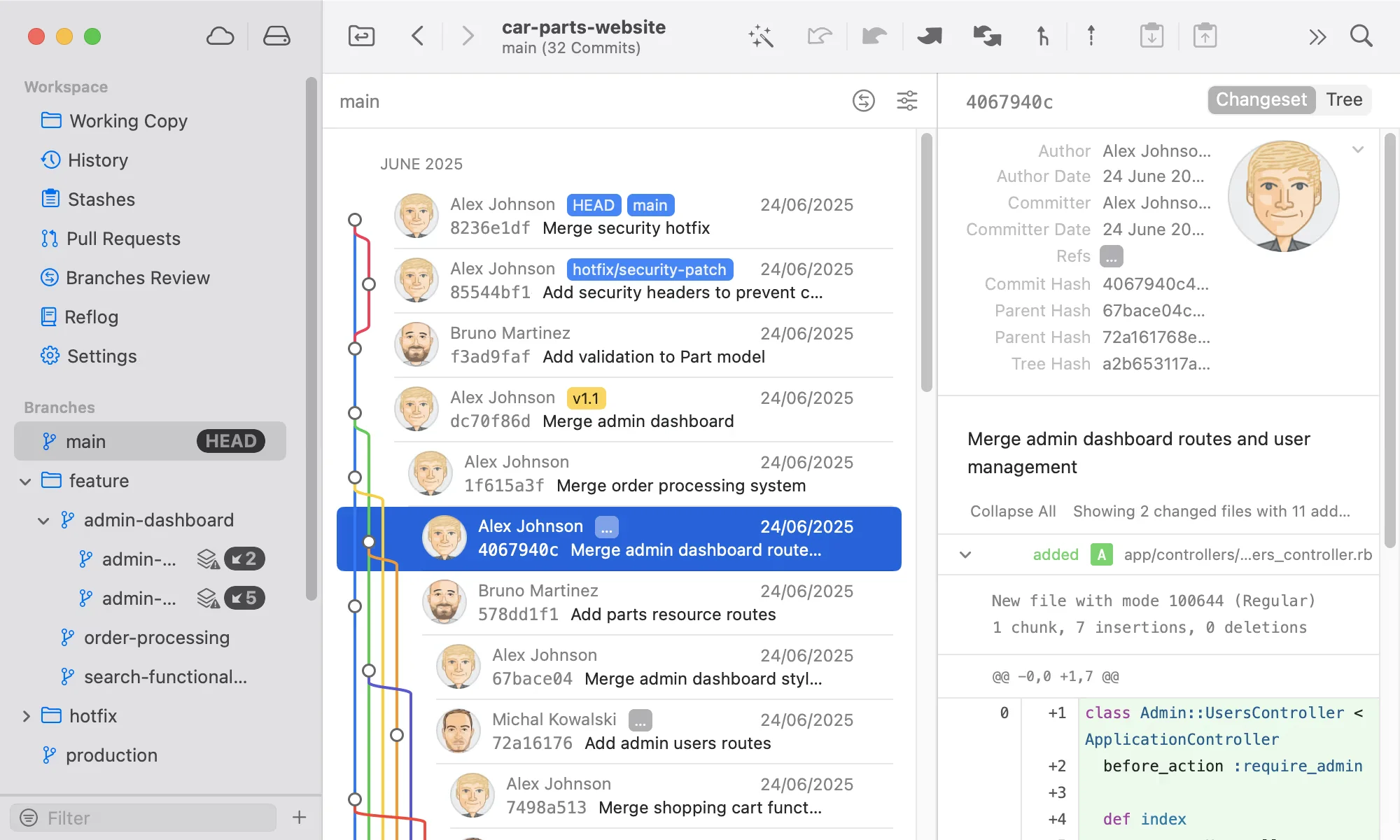
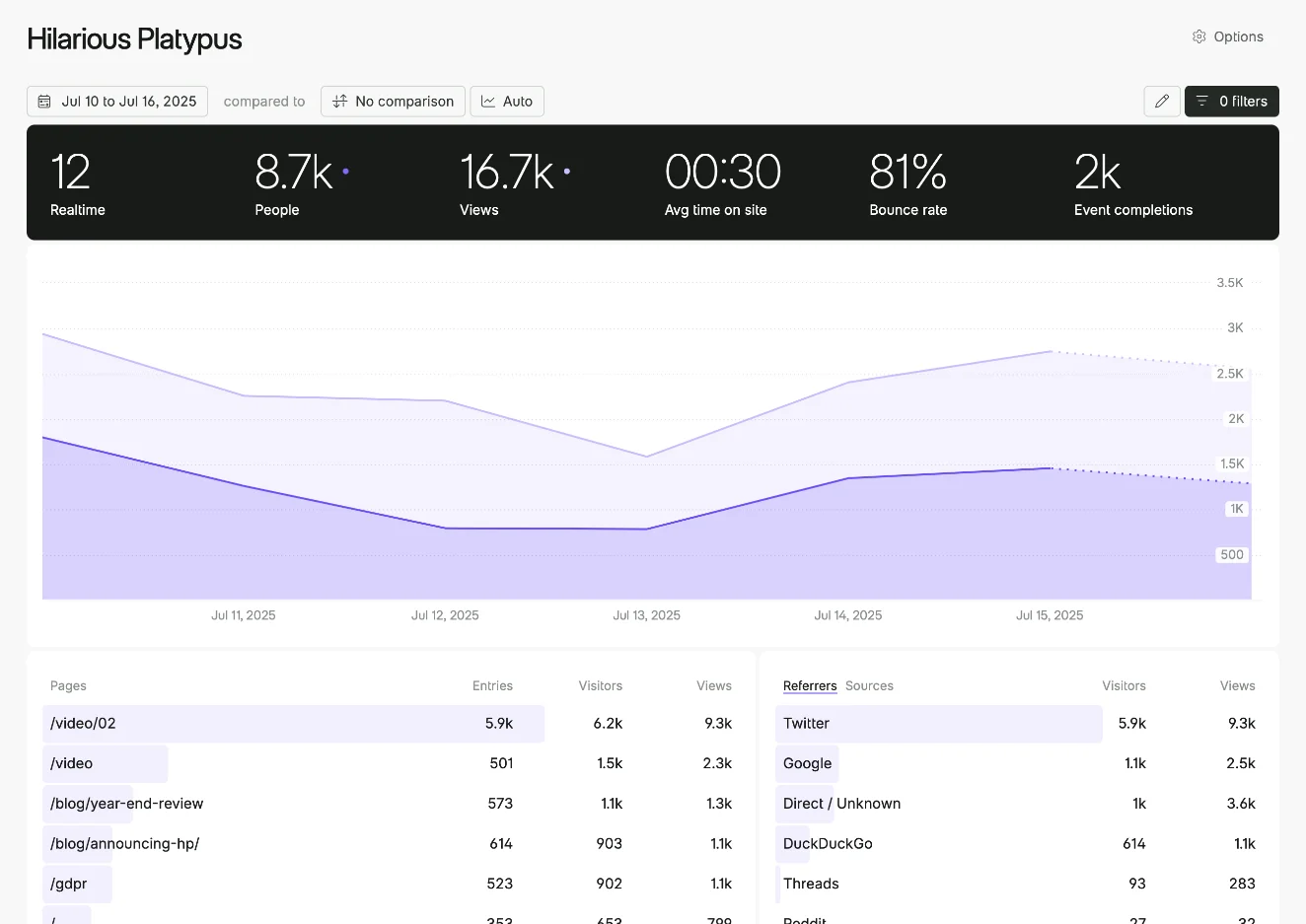
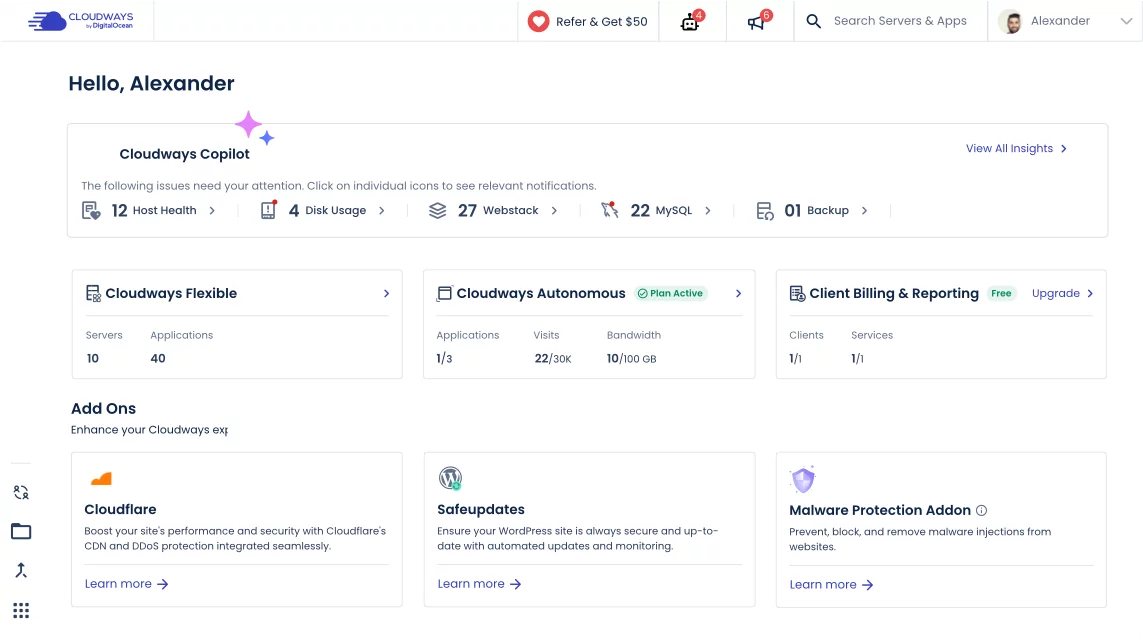

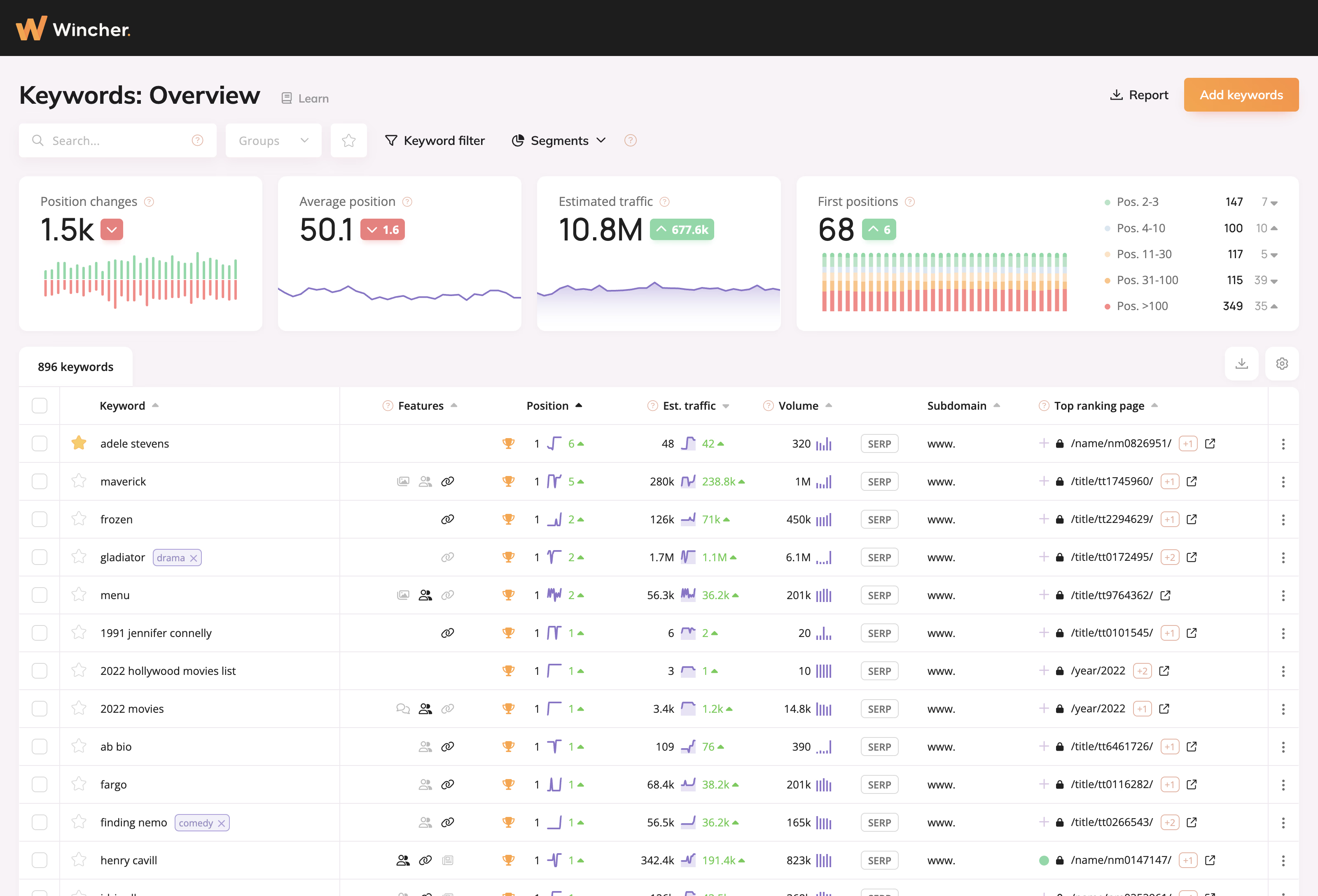
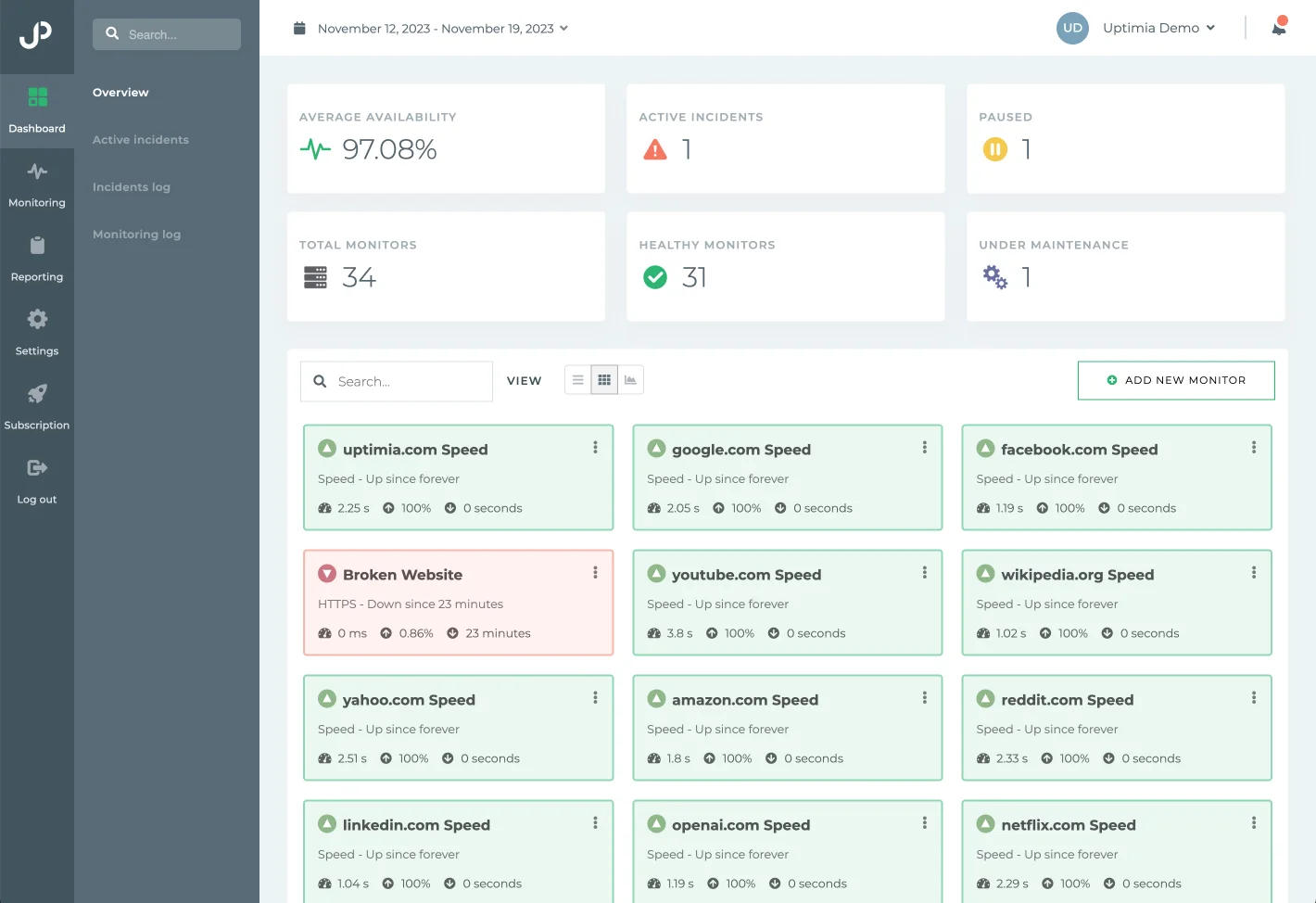
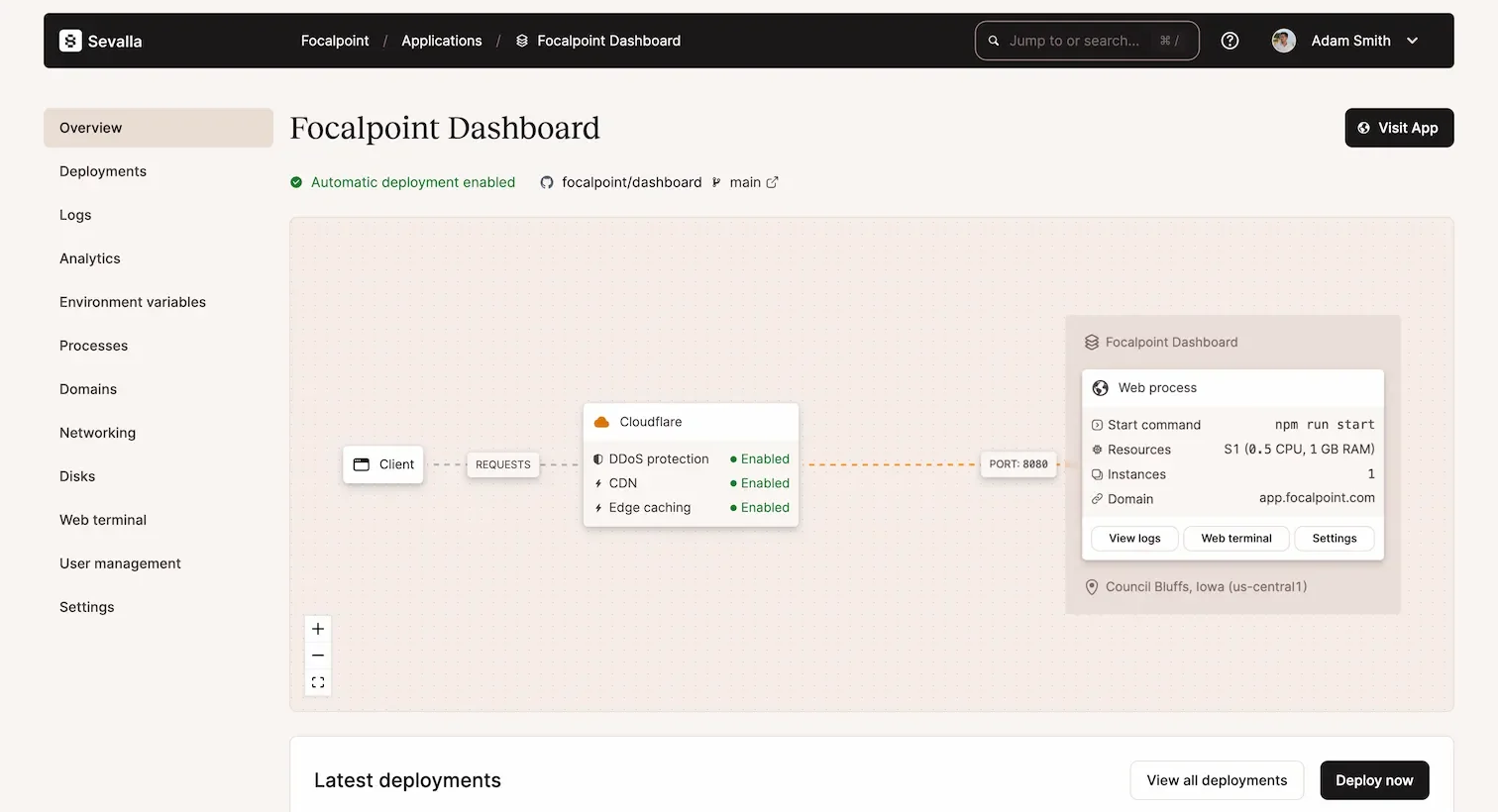
0 comments